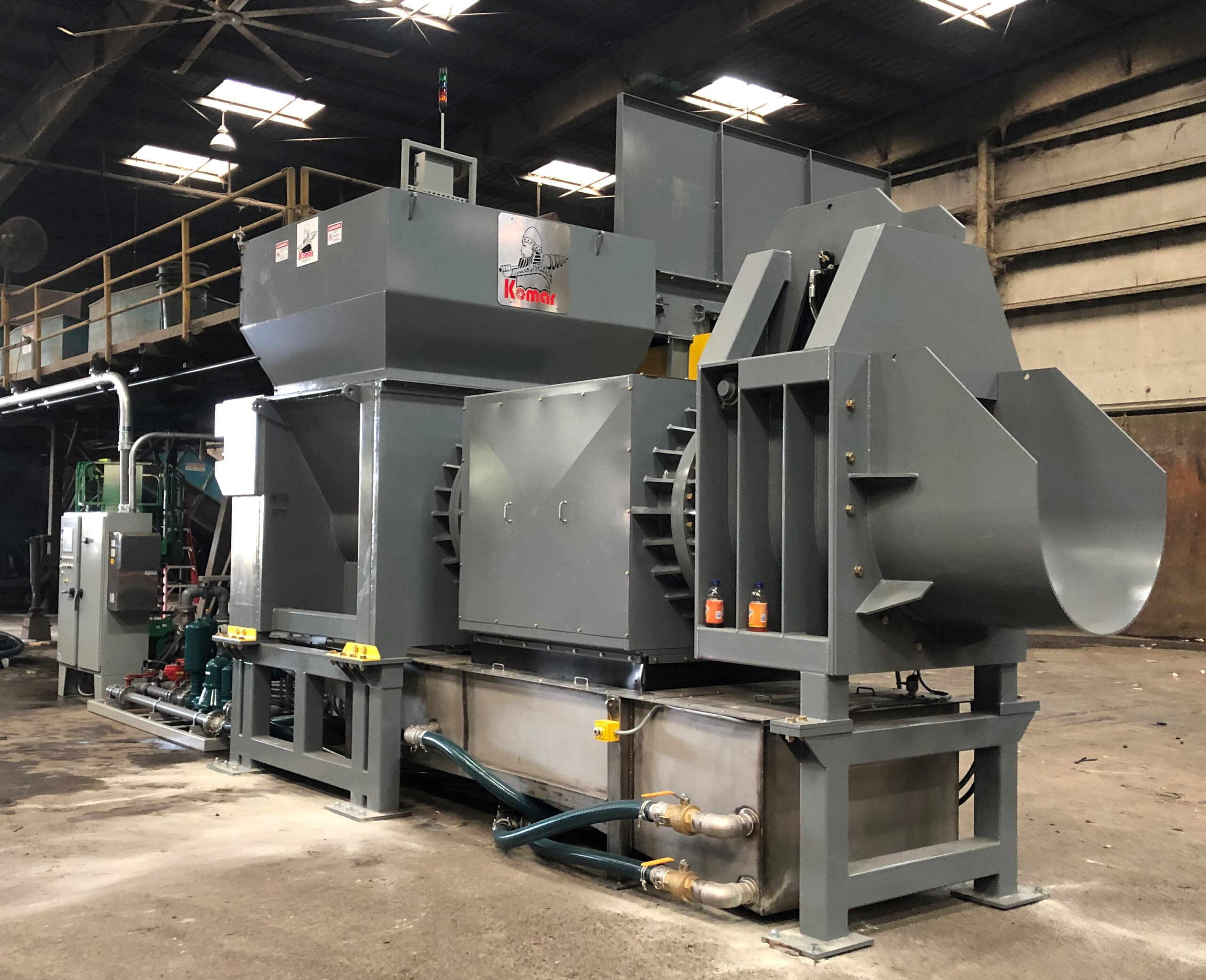
Currently, most organic and food waste ends up in landfills. Not only is that a waste of resources, but as those materials degrade over time, they produce large amounts of methane gas.
According to CalRecycle, an estimated six million tons of food waste alone ends up in landfills annually in California, which is about 18% of all landfill waste.
The State of California has set targets to reduce organic waste disposal 50 percent by 2020 and 75 percent by 2025, and to reduce greenhouse gas (GHG) emissions 40 percent by 2030. Communities across California are working hard to find ways to meet these goals.
“These higher diversion goals mean attacking more contaminated waste streams, most of which goes to landfills,” said Riel Johnson, Director of Resource Recovery for Athens Services. “Of the organic matter we receive, 20-30% may be ‘clean’; we need to tackle the rest to achieve these new, higher diversion goals.”
Athens leads the region in diverting waste from landfills with the most technologically advanced materials recovery facility (MRF) in Southern California.
Now, Athens is pioneering innovative technology that, combined with existing processes, will result in higher diversion rates. Athens has developed a machine called an Organic Separation Press (OSP), built in collaboration with a manufacturer of industrial compactors and shredders.
“We’re excited about the potential of this technology to help fill the gap between waste, recycling, and ‘clean’ organics,” Johnson says.
Here’s how it works: Organic waste brought into Athens’ City of Industry MRF is loaded into the organic processing system. Equipped with a cantilevered auger, or drill, the OSP pushes the waste against a hydraulically activated door to squeeze the liquid from the material and into a collection tank.
The nutrient-rich liquid is then loaded onto a tanker truck and shipped to a treatment facility, where it can be digested for energy production, or composted to return nutrients to California farm fields.
Los Angeles County officials have conducted several tests and have approved the extracted organic material for such processing. The remaining dry material is sorted for beneficial reuse or transfer to landfill.
The machine processes about 40 tons per hour and recovers 20-40 percent of the material; previously, 100 percent of this material was shipped to local landfills.
Komar Industries of Ohio, a manufacturer of heavy industrial compactors and shredders, developed the unit for Athens.
The OSP combines a Komar compression auger with a specialized dewatering unit, which was developed to process deicing fluids used on airport runways.
“We’ve seen this trend developing worldwide,” said Mark Koenig, President of Komar.
“The volume of wet waste has been growing, with higher contamination, but there was no technology to handle it; it was simply too dirty and too wet.”
“Previous efforts to deal with this mixed organic and waste stream have been attempted, but the pretreatment and prescreening it required made the process prohibitively expensive,” Koenig added.
“We looked at how to attack it cost-effectively, and we’ve achieved that.”
“Others are talking about the future. Athens is preparing for it.”
Doug Vanderlinden, Komar Industries
“We are expecting increased contamination and are building equipment to handle it,” said Komar Director of Municipal Projects Doug Vanderlinden.
“Athens understands that this waste stream is growing.”
Athens has the exclusive rights to the OSP and its proprietary technology in the Los Angeles area, and plans to add a second system at another Los Angeles facility.
“Others are talking about the future,” Vanderlinden said. “Athens is preparing for it.”
Athens Services is L.A. County’s largest privately owned waste and recycling company. Family- owned and- operated, since 1957, Athens proudly serves more than 30 municipalities.
Copyright (C) 2025 Athens Services. All Rights Reserved.